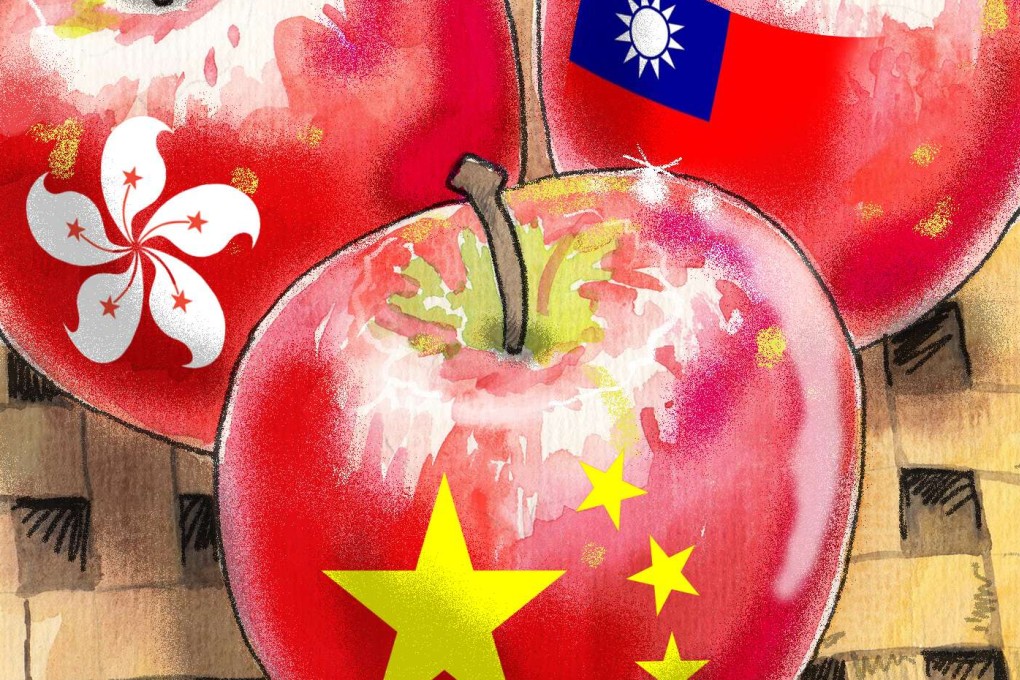How an EU-style common market can bring Hong Kong – and Taiwan – closer to China
Zheng Yongnian says an economic bloc of the Pearl River Delta cities would not only boost growth, but could also heal divisions and promote further integration of greater China – eventually including Taiwan


With both the Hong Kong and Shenzhen stock markets playing a key role in fundraising, the region could become the largest financial centre in the world by market capitalisation.
Besides Hong Kong, the 10 other cities of the proposed common market are Guangzhou, Shenzhen, Dongguan (東莞), Zhuhai (珠海), Foshan (佛山), Jiangmen ( 江門 ), Huizhou ( 惠州 ), Zhongshan (中山), Zhaoqing ( 肇慶 ) and Macau.
Despite 104 per cent growth, China’s ‘Manhattan’ remains cautionary tale of economic zeal
Over the past years, China has set up several free trade zones, in Guangdong, Shanghai, Fujian ( 福建 ) and Tianjin ( 天津 ). However, their development has fallen short of expectations at home and abroad. Voices sceptical of China’s opening-up policies have started to appear.
Indeed, the implementation of these policies has been far from ideal. One problem is that the free trade zones are too homogeneous, both within each zone and between them.

One Belt, One Road: Hong Kong’s position in the Pearl River Delta ‘gives it an edge’
But a South China common market will be characterised by the diversity that is needed for success. Grouping mainland Chinese cities with the Hong Kong and Macau special administrative regions would enable more efficient allocation of resources. The two SARs could also share their institutional strength and cultural resources, such as the rule of law, with the mainland cities. Hong Kong and Macau’s international business environments, mature legal systems and free and fair trading systems can positively influence the Pearl River Delta region, and even the rest of the country, by providing a useful reference for other cities seeking to open up, refine their legal environment and become more market-oriented.